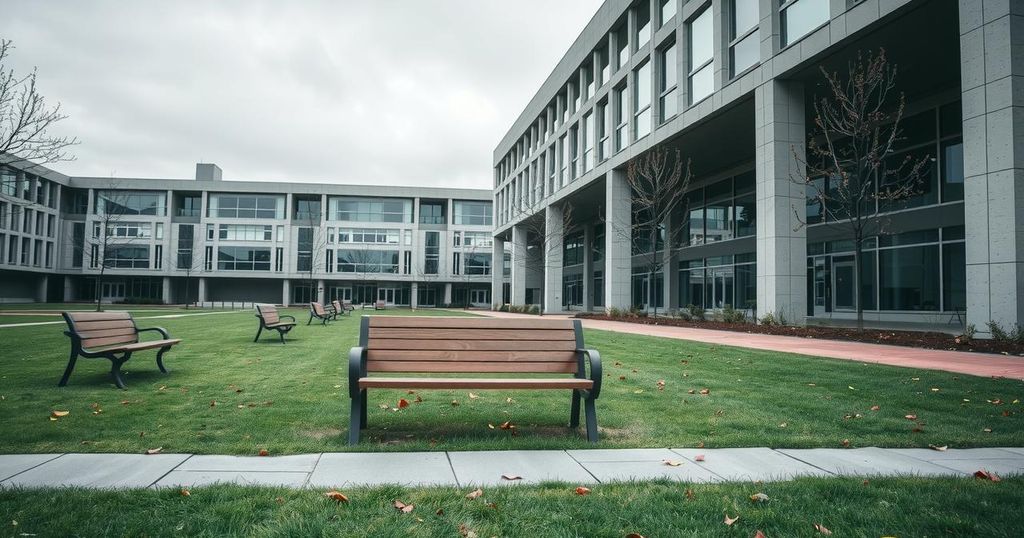Columbia University’s Jelani Cobb warned international students about the risks of discussing Gaza and Ukraine, especially following the arrest of Mahmoud Khalil by Homeland Security. He cautioned that foreign students may face severe consequences, such as losing their visas, for expressing pro-Palestinian views. This caution has drawn mixed reactions regarding the impact on journalistic freedom and the ability to provide diverse perspectives.
Jelani Cobb, dean of Columbia University’s journalism school, recently advised international students about the risks of discussing sensitive topics such as Gaza and Ukraine, particularly in light of the recent arrest of graduate Mahmoud Khalil by Homeland Security. He remarked, “Nobody can protect you,” highlighting the precarious situation for foreign students on visas who are approaching graduation. The advice came amid significant criticism of Columbia from both Congressional Republicans and activist groups over the handling of student protests against Israel.
Cobb’s warning was intended to inform students of the serious implications they might face if they express pro-Palestinian views, including the potential loss of their visas or green cards. Kelly McBride, an ethics expert, emphasized that this self-censorship deprives readers of valuable perspectives that only international students can provide. reflecting the complex nature of reporting in the current geopolitical climate.
First Amendment lawyer Stuart Karle echoed a similar sentiment, advising students to employ discretion before publishing on contentious issues. He suggested that while students should feel empowered to report, they might consider postponing their publications until after graduation when visa concerns are alleviated. Karle underscored the need for foreign students to understand the legal landscape they operate within, advising them to act conservatively.
The comments made by Jelani Cobb to Columbia’s international student population underscore the heightened tensions surrounding freedom of expression for non-citizens in the United States. While warning against potential repercussions from the government, the dialogue raises important questions about the balance between self-censorship and journalistic integrity. As students prepare to enter the journalism field, navigating these complex realities will be crucial in their careers.
Original Source: forward.com




